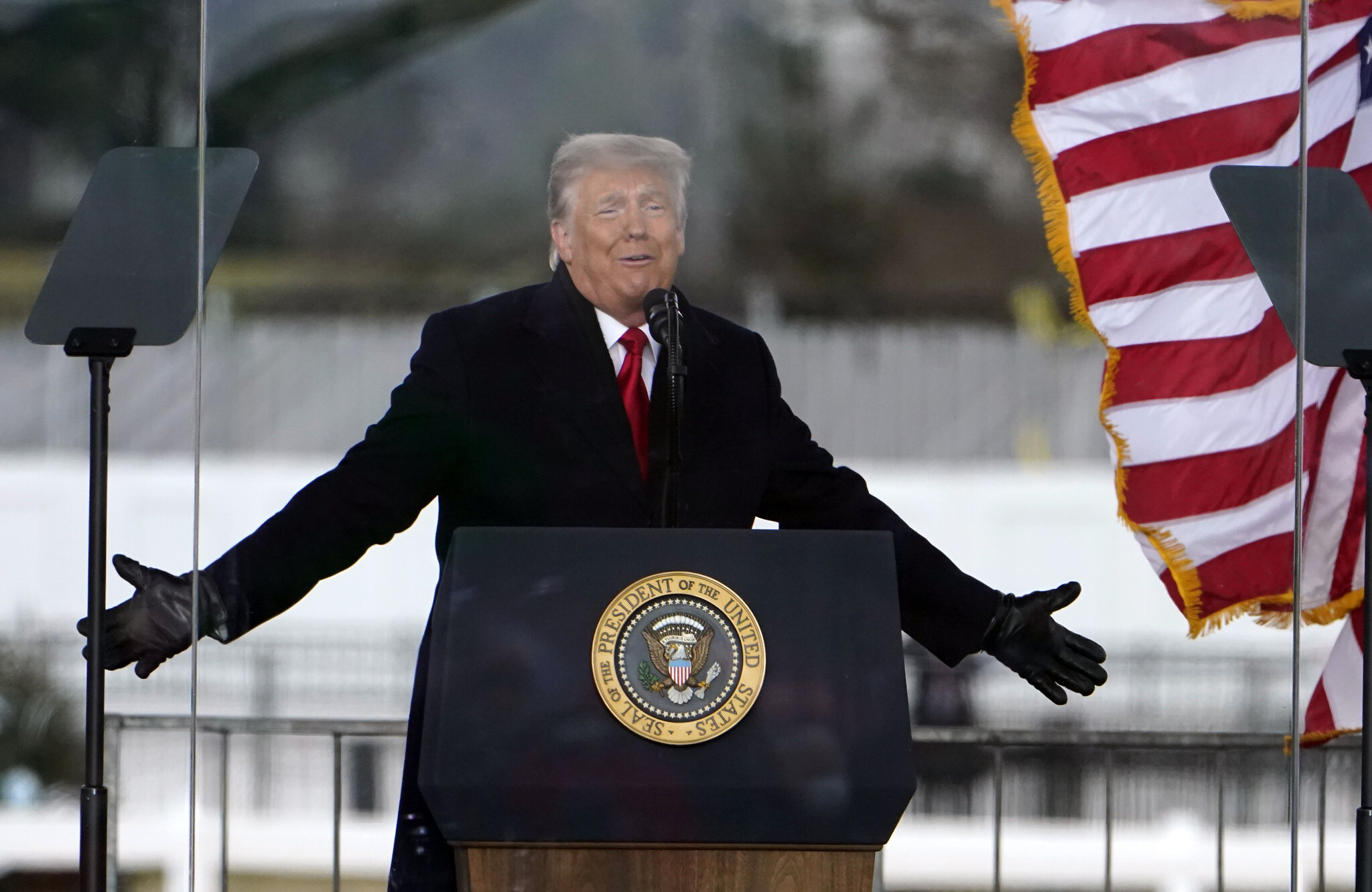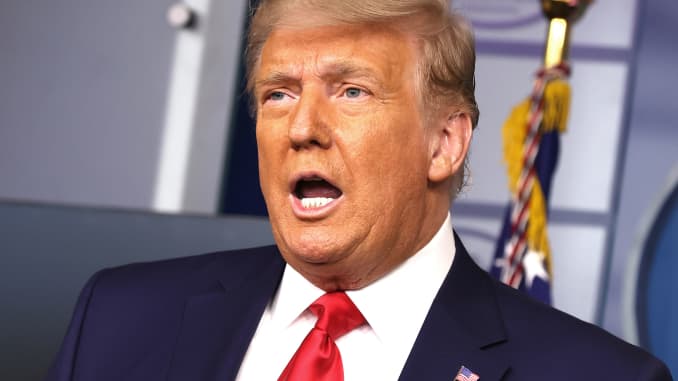The Nonsensical Impeachment of Donald Trump
The ridiculous attempt to incriminate the 45th President
February 13, 2021
On January 13th, the House of Representatives impeached President Trump for the second time. The move came only a week after rioters stormed Capitol Hill. Though Trump’s response to the riot was subpar, an impeachment was not the appropriate response. The reason is quite simple: Trump did nothing impeachable.
According to the Constitution, the President can be impeached for “treason, bribery, or other high crimes and misdemeanors.” Each of these offenses can be defined under American law. A misdemeanor is a criminal act that is less than a felony but worse than an infraction. Examples include vandalism and traffic violations. The other three are relatively obvious.
The President, Vice President and all civil officers of the United States, shall be removed from office on impeachment for, and conviction of, treason, bribery, or other high crimes and misdemeanors.
— U.S. Constitution, Article II, Section IV
According to the articles drawn up by the House, President Trump was impeached for the crime of inciting violence. On the surface, this sounds quite reasonable. Trump encouraged protestors to assemble outside the Capitol and was slow to condemn the violence. However, his actions do not meet the legal criteria for incitement established by the Supreme Court.

The United States holds a strict standard for incitement of violence. In order to be considered incitement, a statement must pass the Brandenburg Test. In order to pass, a statement must be “directed to inciting or producing imminent lawless action and is likely to incite or produce such action.” The key word here is “and.” It is not enough for a speech to fire people up. The speaker must also deliberately encourage illegal actions. In other words, incitement explicitly calls on citizens to break the law. Trump encouraged protestors to march on the Capitol, but he also told them to be peaceful. He did not demand illegal activity. As a result, his rhetoric fails the Brandenburg Test.
To summarize, the Constitution clearly outlines what merits an impeachment. Reasons include treason, bribery, crimes, and misdemeanors. Trump was impeached for a crime. The crime was incitement of violence. Under American law, Trump did not incite violence. Therefore, his impeachment was unconstitutional.
This unjustified impeachment sets a dangerous precedent. When the House disregarded the Constitution, they paved the way for more baseless impeachments. Should the Senate follow suite, it will mark disaster for the American government.
Convicting Trump isn’t simply a symbolic condemnation. It’s punishing a United States president of a crime he didn’t commit.

















